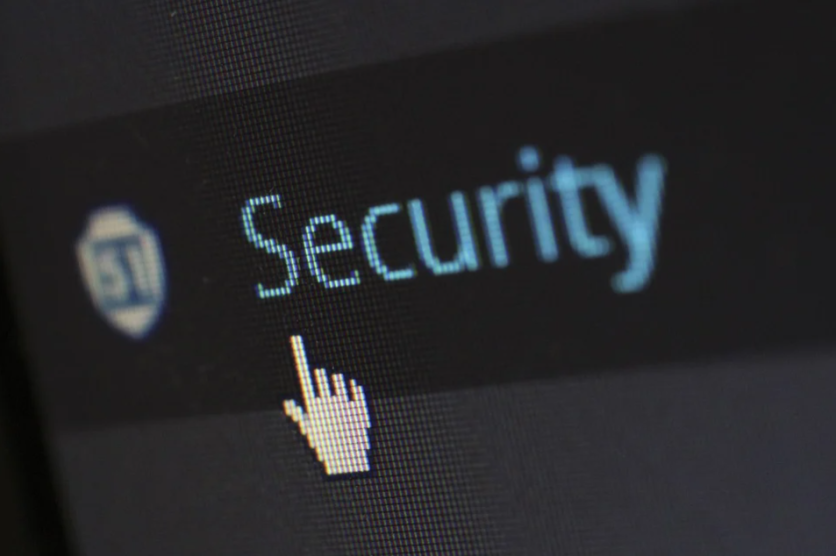
US soliders that are stationed in Europe have accidentally exposed private information about the United States' nuclear weapons stockpile when they used flashcard apps to help them remember details about the information.
US Soldiers Nuclear Leak
According to a report from open-source intelligence outlet Bellingcat, the soldiers used study apps like Cram, Chegg, and Quizlet to create flashcards where they stored information about bases in Europe where the United States weapons were likely located, secret codes, passwords, and other details about security.
Foeke Postma, a researcher with Bellingcat, wrote that it appears that the US soldiers forgot to set the settings for the apps to private.
That means that their usernames and their photos were public-facing, and since some of the soldiers used the same photos as they had on their LinkedIn profiles, it would not have been difficult to connect them to the nuclear information.
Why the US soldiers used unsecured study apps to remember the information was not clear.
Postma contacted the officials with the US Department of Defense, NATO, and European Command several weeks before publishing his report, and the flashcards with the sensitive information have since been taken down, although it may still be visible on the archival Wayback Machine site, according to Motherboard.
The study apps did not reply to requests for comment by The Verge.
An email to the Department of Defense asking whether the soldiers involved could face disciplinary actions was not immediately returned.
How Bellingcat Discovered the Secret Information
The author of the piece, Foeke Postma, explained that the researchers were able to discover the flashcards belonging to the active soldiers by searching for certain terms known to be associated with nuclear bases.
The result of this was the unearthing of several sets of flashcards revealing information about several bases around Europe, including in Germany, Turkey, and the Netherlands.
One set of 70 cards with the title "Study" disclosed the number of live and non-live nuclear weapons at the Volkel Air Base in the Netherlands, which the Dutch government considers a secret.
Other sets revealed how soldiers are supposed to react to various levels of alarm, where security cameras are located on site, and duress words that soldiers give over the phone to show that they had been taken hostage by attackers.
So, how have people reacted to the leak?
According to Bellingcat, the flashcards were discovered dating back as far as 2013, and as recent as last month.
The site contacted NATO and the US military for comment before publishing their story, after which the flashcards that had been discovered were removed.
The director of the East Asia Nonproliferation Program at the James Martin Center for Nonproliferation Studies, Jeffery Lewis, spoke to Bellingcat about the leaks, calling them a flagrant breach in security practices.
Lewis added that the secrecy over nuclear weapons in Europe is not about protecting the weapons, but protecting political and military leaders from having to answer tough questions about whether NATO's nuclear-sharing arrangements still make sense today. This is yet one more warning that these weapons are not secure.
This article is owned by Tech Times
Written by Sophie Webster




